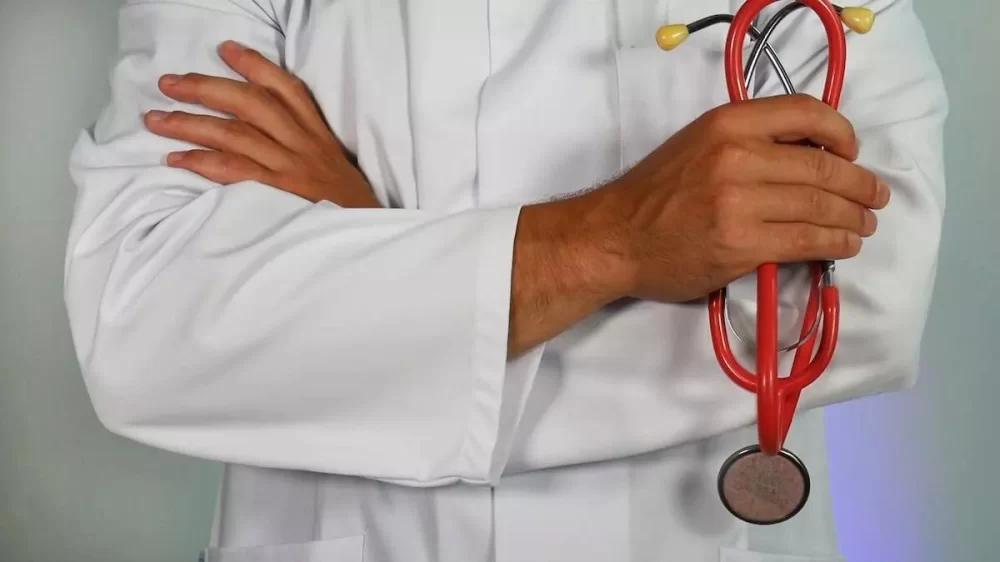How to Find the Best Cardiologist Near You: Your Ultimate Guide
- Understanding When to See a Cardiologist
- Key Qualities of a Good Cardiologist
- How to Research Cardiologists Near You
- Real-life Experiences and Customer Reviews
- How to Schedule an Appointment with a Cardiologist
1. Understanding When to See a Cardiologist
If you are experiencing chest pain, shortness of breath, or other concerning symptoms, it might be time to see a cardiologist. Cardiologists specialize in diagnosing and treating heart conditions, and knowing when to seek their expertise is crucial to your health. It’s essential to recognize warning signs early to prevent serious complications.
For example, Sarah, a 45-year-old woman, ignored the occasional chest tightness she felt after exercise. But after a routine check-up, her doctor recommended a cardiologist visit. It turned out she had early-stage heart disease, and the timely intervention helped manage her condition effectively.
2. Key Qualities of a Good Cardiologist
Choosing the right cardiologist isn’t just about finding someone nearby; it’s about finding someone who meets your needs. Here are some key qualities to look for:
- Experience and Credentials: A good cardiologist should have extensive experience and be board-certified in cardiology. Look for someone with a track record of success in treating your specific condition.
- Good Communication Skills: It’s important to feel comfortable discussing your health concerns openly. A great cardiologist should be approachable, a good listener, and able to explain complex medical terms in a way that’s easy to understand.
- Patient-Centered Care: The best cardiologists put your needs first. They will discuss treatment options and involve you in decisions about your care.
3. How to Research Cardiologists Near You
When looking for the best cardiologist near you, online research can be invaluable. Here are some effective ways to begin your search:
- Use Health Directories: Websites like Healthgrades, Vitals, and ZocDoc provide patient reviews, ratings, and detailed information about cardiologists in your area.
- Check Your Insurance Network: Your health insurance provider may have a list of in-network cardiologists, which can save you money while ensuring the doctor is covered by your insurance.
- Ask for Recommendations: Your primary care physician can recommend reputable cardiologists. Family, friends, or online support groups can also offer insights based on their personal experiences.
4. Real-life Experiences and Customer Reviews
Hearing from other patients can give you a better sense of what to expect when you choose a cardiologist. Read online reviews, and ask your chosen cardiologist for references or testimonials from previous patients.
Many online health platforms allow patients to rate their cardiologists based on various factors such as bedside manner, treatment outcomes, and overall experience. Pay attention to both positive and negative reviews to get a balanced view of the doctor’s practice.
For example, John, a patient of Dr. Smith, shared how the cardiologist’s quick diagnosis and thorough treatment plan saved his life after a heart attack. Hearing his story could give you more confidence in your own decision-making process.
5. How to Schedule an Appointment with a Cardiologist
Once you’ve chosen the right cardiologist, the next step is scheduling an appointment. Here are some tips for a smooth process:
- Check Availability: Cardiologists can have long wait times, so plan ahead. Try to book an appointment early, especially if your condition requires immediate attention.
- Prepare for Your Appointment: Write down any questions or concerns you have. Bring your medical history and any recent test results to make the consultation more productive.
- Follow Up: If you need further testing or follow-up appointments, make sure to schedule them before leaving your initial consultation.





















